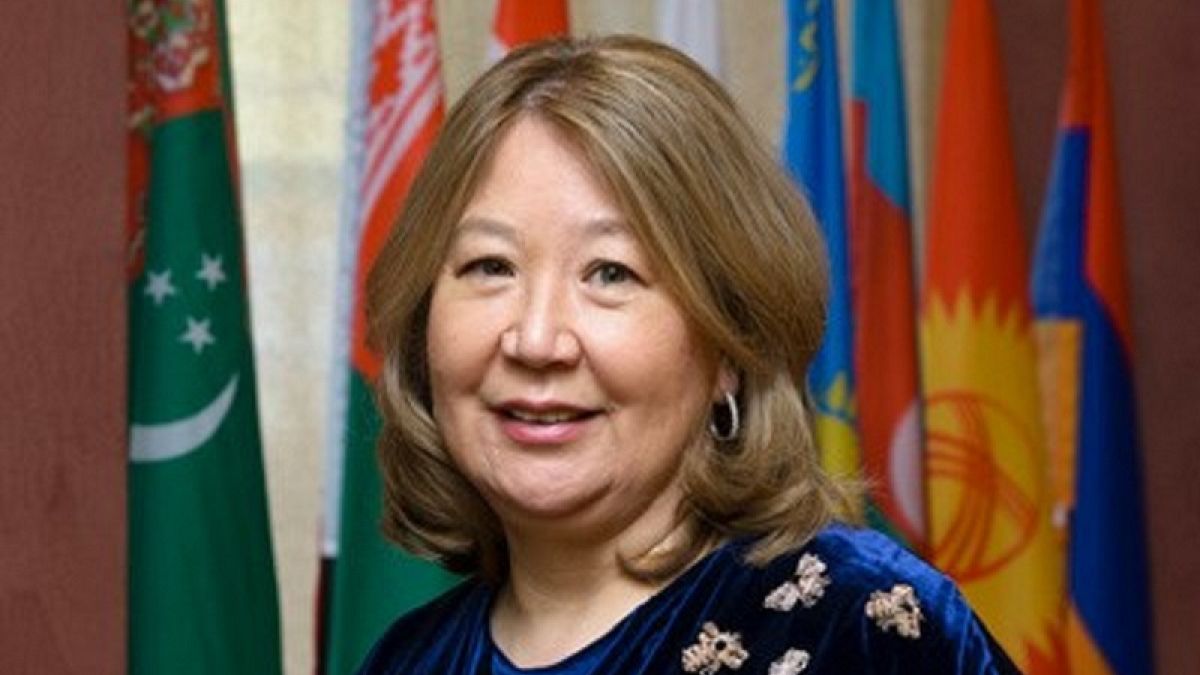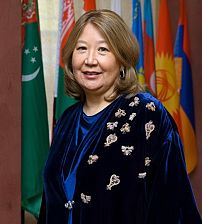On 4 March, do not vote by default for a candidate for political reasons. Vote for the continued survival of IP. And choose the best candidate who can enhance the organisation and best serve its member states.
The leadership race to run the world’s most influential intellectual property agency has become a proxy war between China and the United States. Here’s why that’s dangerous.
This Wednesday, delegates from 83 governments around the world are headed to Geneva to vote for the next head of the world’s most powerful intellectual property body. The World Intellectual Property Organisation, or WIPO, protects intellectual property (IP) and helps resolve disputes across nations and boundaries.
But there’s a problem: the race has turned into a political battleground between the candidates from China and Singapore, threatening this esteemed organisation with gridlock for the next six years. And developing countries and emerging economies — which are increasingly in need of strong IP protection in order to build their economies — are caught in the middle.
If either wins, we could be facing a six-year lame duck for the world’s most significant intellectual property body, transforming this half-century-old organisation into a political football. As the election enters its final stretch, analysts are already warning that this could effectively cripple the organisation. And I agree with them.
The world has too much at stake. This would happen at a crucial moment in history where major challenges, such as climate change and artificial intelligence, call for more intensive cooperation among its member states. Since developing countries and emerging economies have put innovation at the centre of their development policies, the safeguarding of intellectual property is going to be paramount.
To put this in perspective, think about NATO. A cornerstone of the NATO alliance is collective defence, meaning if one nation is attacked all nations will come to its aid. This principle is enshrined in Article 5 of the treaty.
WIPO has its own mutual defence treaty. It’s called the Patent Cooperation treaty, ensuring international recognition of patent rights by all treaty members. But if either of these candidates take over the organisation, it will be effectively dead for six years. As all WIPO delegates know too well, it is already a challenge to get a minimum consensus on any initiative.
In order to avoid this damaging foreseeable situation for WIPO, for intellectual property and for its member states, a third way is possible.
We need the right candidate to do the job. And that’s why I’m running.
In addition to my strong track record in intellectual property, I have developed proven diplomatic skills and have significant experience in managing an intergovernmental organisation. I also speak three official UN languages and have the authentic representation of the interests of emerging economies and developing countries at heart.
The polarisation and politicisation of WIPO around two competing blocs, pitting a major economy on the one side and industrialised countries on the other, will marginalise the interests of developing countries and emerging economies and will relegate them to the status of powerless hostage of this deadlock. WIPO would not fulfil its mandate if it fails to reply to the legitimate concerns and ambitions of the majority of its member states. Is this what we want for the organisation?
On 4 March, do not vote by default for a candidate for political reasons. Vote for the continued survival of IP. And choose the best candidate who can enhance the organisation and best serve its member states.
Saule Tlevlessova is a candidate for Director General of the World Intellectual Property Organisation and President of the Eurasian Patent Office.
____________
Are you a recognised expert in your field? At Euronews, we believe all views matter. Contact us at view@euronews.com to send pitches or submissions and be part of the conversation.

